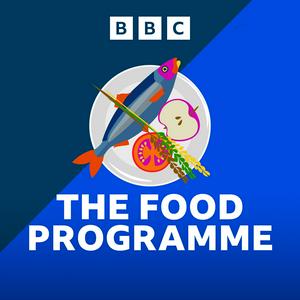A year after sharing a £10 supper with 200 strangers in Copenhagen’s Absalon - an old church turned community hub - Sheila asks whether that experience could be recreated in the UK. After all, communal meals here are often one-offs, sometimes pricey, or feel like generous soup kitchens.
In this edition, Sheila meets people determined to change that; Ingrid Wakeling and Phil Holtam from Sussex Surplus are running trial communal dining events in Brighton, using surplus food to bring strangers together. Anna Chworow from Nourish Scotland is helping shape two pilot public diners - subsidised, everyday restaurants designed for everyone, while Jon Harper from Future Foundations explains how CanTeam is turning school canteens into community dining rooms.
Sheila also visits The Long Table in Stroud - a pay-what-you-can community restaurant - to meet co-founder Tom Herbert, and is joined there by zero‑waste chef Max La Manna and Carly Trisk‑Grove from The Public Plate, who want every community to have their own low‑cost restaurant. Together, they discuss what it would take to make their dreams reality - and why they believe it matters.
Presented by Sheila Dillon
Produced for BBC Audio in Bristol by Natalie Donovan.
More info:
Communal Dining -Part 1: https://www.bbc.co.uk/programmes/m0028l2c
The Long Table: https://thelongtableonline.com/
The Public Plate (Carly Trisk-Grove's project): https://www.thepublicplate.com/about
Nourish Scotland project: https://www.nourishscotland.org/projects/public-diners/
Right to Food Commission (Ian Byrne MP's project): https://www.ianbyrne.org/rtfcommission
Sussex Surplus (Brighton): https://www.sussexsurplus.org/
CanTeam: http://www.canteam.org/
NB: Be aware these links take you to external non-BBC websites.


